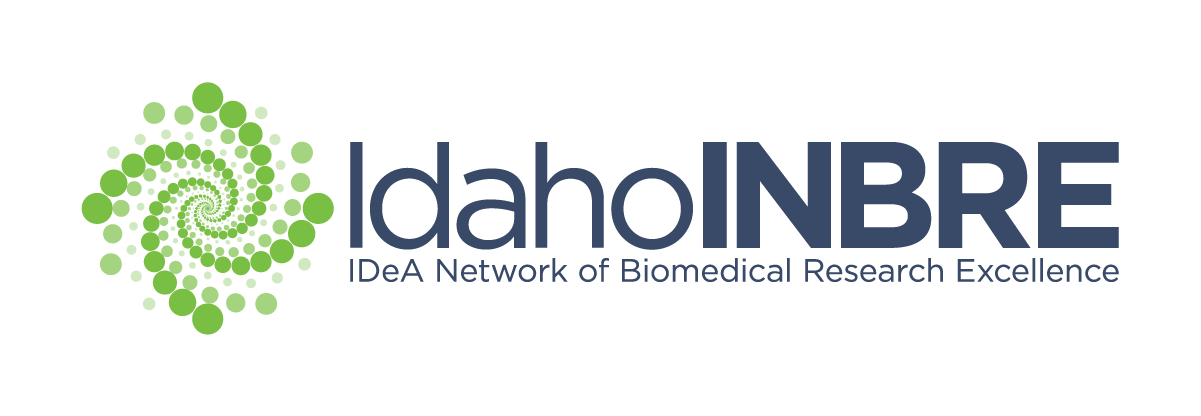
- Name: Margaret Doucette, D.O.
- Institution: Idaho Veterans Research and Education Foundation
- Department: Chief, Physical Medicine and Rehabilitation
- Phone: 208-422-1368
- Email: Margaret.doucette@va.gov
Summary: Many of our nation’s veterans suffer the life-altering complications of diabetes including peripheral vascular disease. Diabetes-associated vascular compromise predisposes the individual to severe, non-healing ulcers of the skin and deep soft tissues that often necessitate amputation. While newer advanced biologics are being developed and tested to improve wound healing in these patients, there is little basic science rationale to support their use and additional strategies are urgently needed. My primary research interest is to understand the cellular, molecular and immunological mechanisms responsible for successful wound healing in patients with diabetes and to translate this knowledge into novel therapeutic modalities to reduce need for amputation in these high-risk patients.
Minimum Classes: Cell biology
Projects: The INBRE Summer Fellow’s project will emphasize the importance of preventing amputation in high risk patients and will investigate the cellular and molecular mechanisms that underlay the efficacy of novel advanced biologics currently in use for treatment of non-healing ulcers. Thus this fellowship provides a unique translational research opportunity to students with interests in academic medicine. Specifically, the student will participate as an observer of the routine patient/physician interactions in the Mentor’s weekly Amputee/Wound Care/High Risk Foot clinic. This participation will reinforce both the clinical relevance of the student’s planned in vitro laboratory research studies and will highlight the need for translational basic science approaches to develop newer treatment modalities designed to improve outcomes in these patients. Currently, many different advance biologics are being utilized clinically to enhance healing in this setting. These include both animal- and human-derived products ranging from porcine bladder, bovine gut, human cadaver tissue, placental tissue and lives cells from neonatal foreskin. Despite their clinical use, there is little basic science understanding of how such tissue derivatives promote wound healing. My currently funded project investigates the efficacy of a commercial product derived from human amniotic tissue (inner layer of the placenta) on wound healing. The student’s research project will assess the effects of this product on commercially-available mammalian fibroblast and/or keratinocyte cell lines (American Type Culture Collection, Manassas, VA) since both cell types are known to be critical in the healing process. Specifically, we will examine this product’s ability to stimulate growth factor, cytokine and chemokine gene expression and protein production by quantitative RT-PCR and ELISA, respectively. Studies will also investigate the ability of the amniotic tissue derivative to stimulate or support enhanced directed migration of these cells. This work will be conducted in the VA Medical Center’s research laboratory (Bldg 117, Room 223) under the guidance of Dr. Amy Bryant, VA Research Career Scientist and co-Mentor for this project. The student will learn basic aseptic cell culture techniques, quantitative reverse transcriptase PCR, protein quantitation by enzyme-linked immunosorbant assay (ELISA), and in vitro cellular migration assays. The overall goal of the laboratory work is to provide basic science rationale to support the clinical use of tissue derivatives to enhance wound healing in high risk patients. As such, this work is highly translational and will improve the clinical management and outcomes of patients with severe, diabetes-associated lesions.



